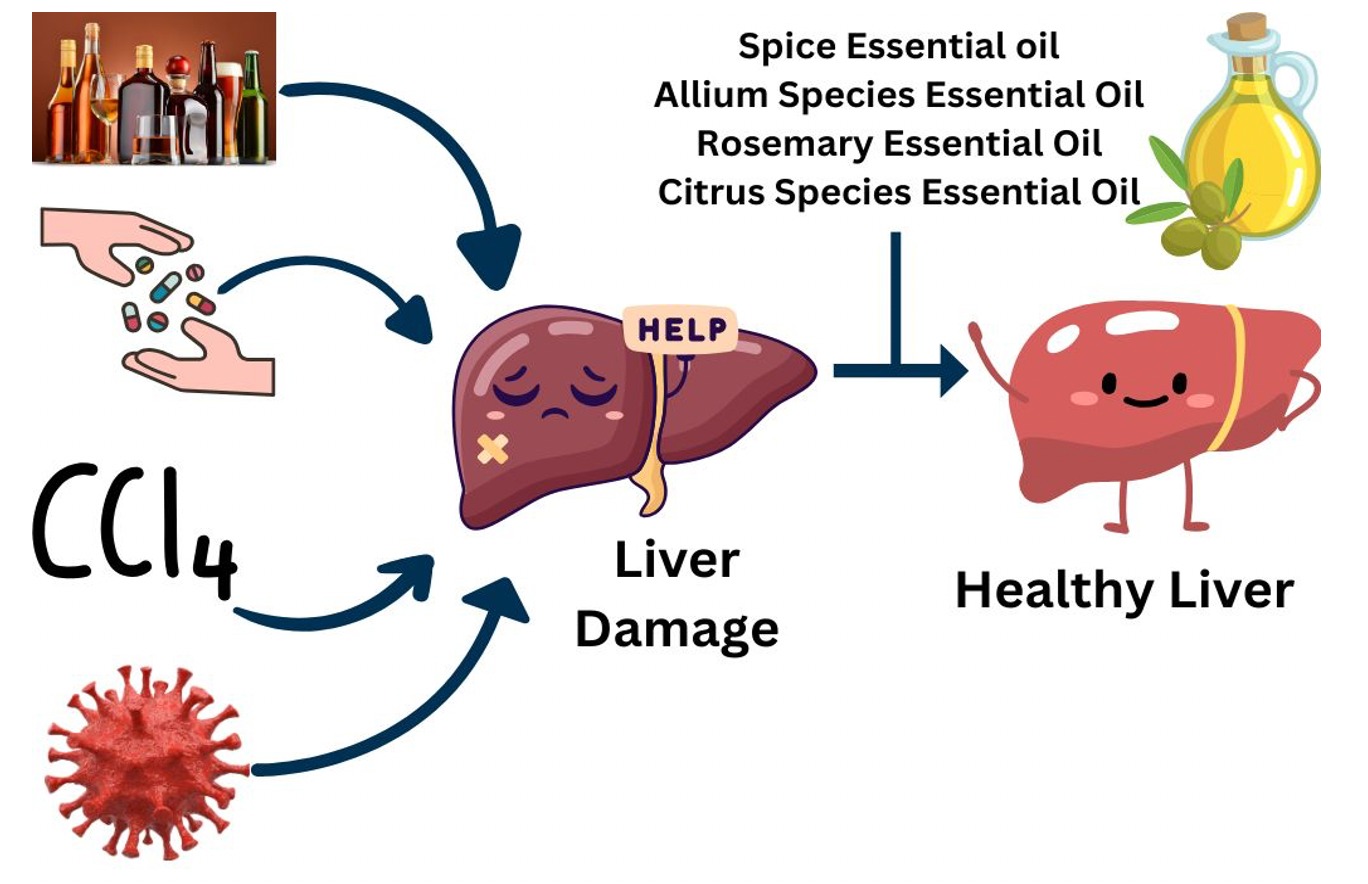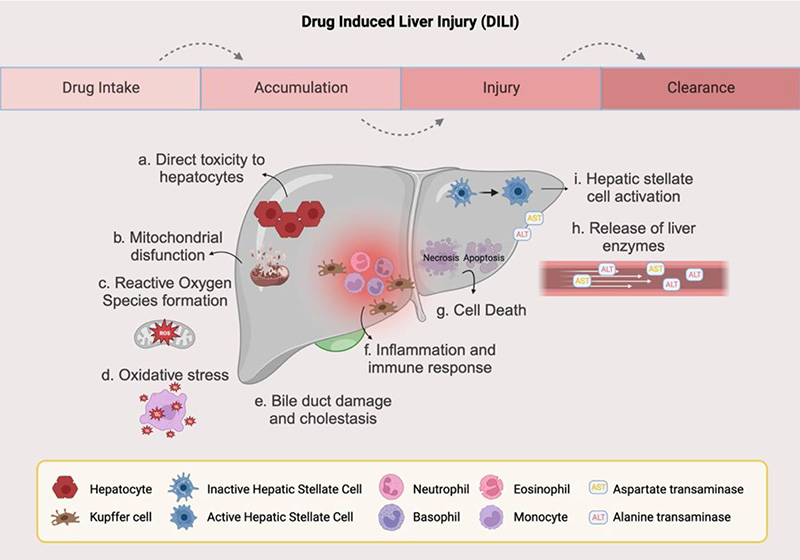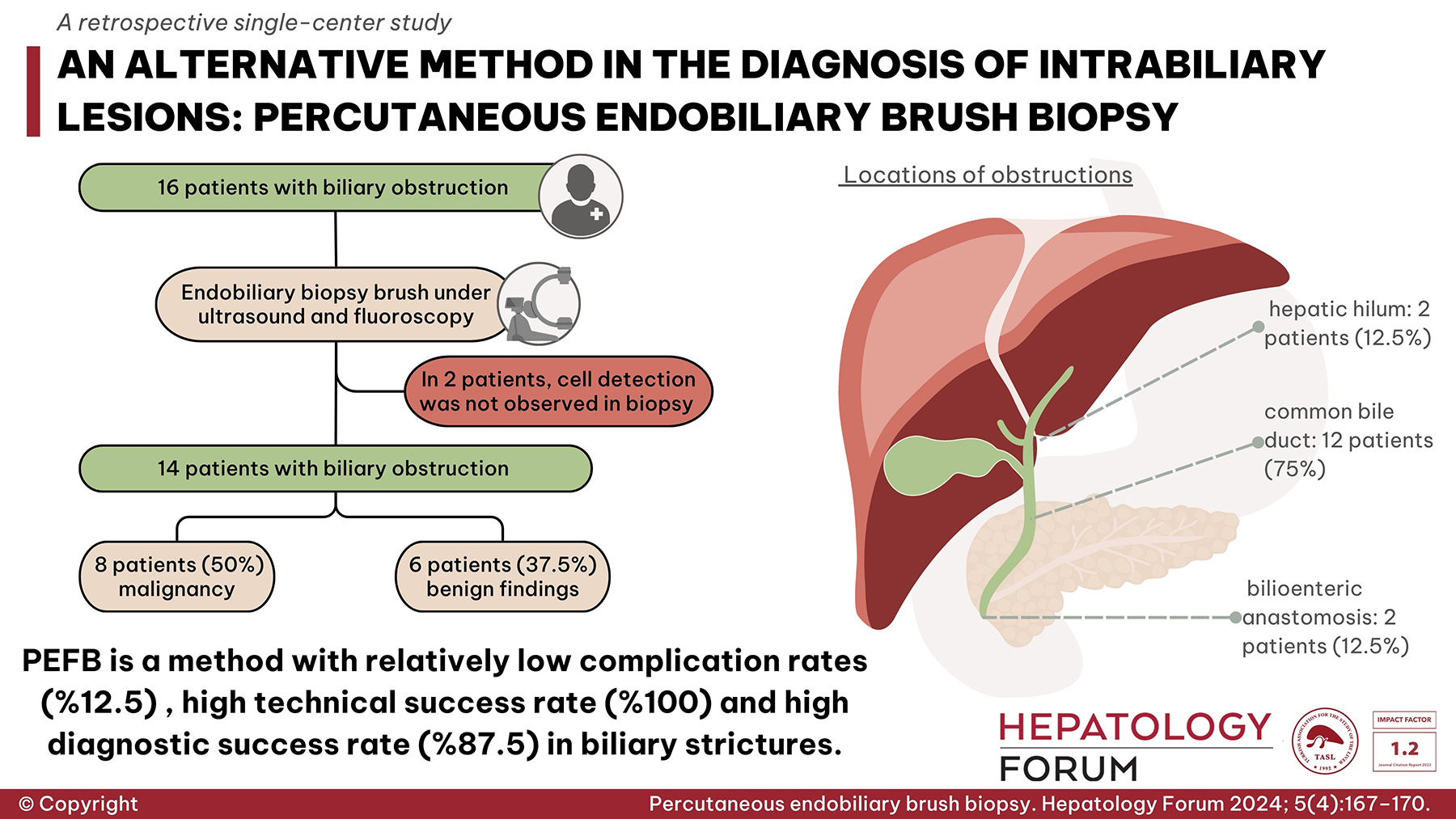2Department of Medicine, University of British Columbia, Vancouver BC, Canada; Division of Gastroenterology, University of British Columbia, Vancouver BC, Canada
3Department of Pathology and Laboratory Medicine, University of British Columbia, Vancouver BC, Canada
4Faculty of Pharmaceutical Sciences, University of British Columbia, Vancouver BC, Canada
5Fraser Health Authority, Surrey BC, Canada
Abstract
Liver transplant donors and recipients are routinely screened for hepatitis B virus (HBV) infection by measuring the levels of hepatitis B surface antigen (HBsAg) and hepatitis B core (anti-HBc) antibodies. Organs are accepted from donors who are HB-negative, and increased monitoring is required for organs from donors considered at increased risk. Transplant recipients are vaccinated if there is no sign of previous infection or immunity and monitored for reactivation in case of previous HBV infection. In cases where both the donor and the recipient are HBV-negative, no antiviral prophylaxis is used post transplant. This report describes a case of an HBV-immunized, anti-HBc-negative patient who underwent an orthotopic liver transplant from an anti-HBc-negative donor. The patient did not receive post-transplant antiviral prophylaxis due to mutual anti-HBc-seronegative status. However, the recipient developed HBV infection with isolated HBsAg and persistently negative anti-HBc. Mutations in the core/pre-core regions of the HBV gene were not implicated for unique serology in this case. Immunosuppression post liver transplant is the likely etiology for isolated HBsAg seroconversion despite significantly elevated HBV DNA. Our experience suggests that HBV DNA screening of liver transplant donors and recipients, in addition to HBV DNA monitoring of recipients, may reduce the risk of transplant-associated HBV.





 Harjot K. Bedi1
Harjot K. Bedi1 









